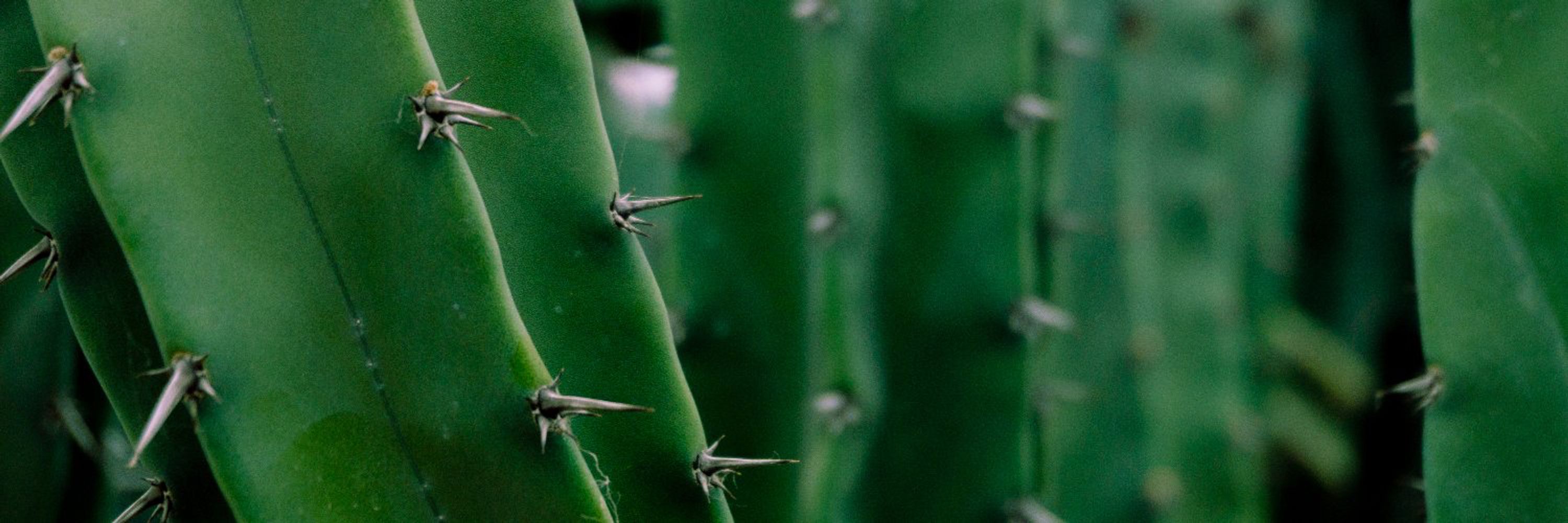
rickardkarlsson.com
Poster 1 - Falsification of Unconfoundedness by Testing Independence of Causal Mechanisms.
Thursday 11:00, E-2212
Poster 2 - Robust estimation of heterogeneous treatment effects in randomized trials leveraging external data.
Friday, Scaling Up Interventions Model workshop.
Poster 1 - Falsification of Unconfoundedness by Testing Independence of Causal Mechanisms.
Thursday 11:00, E-2212
Poster 2 - Robust estimation of heterogeneous treatment effects in randomized trials leveraging external data.
Friday, Scaling Up Interventions Model workshop.
Also, this new paper extends on the work that we presented at NeurIPS 2023, so please also read it if you're interested in this topic in general. arxiv.org/abs/2205.13935
Also, this new paper extends on the work that we presented at NeurIPS 2023, so please also read it if you're interested in this topic in general. arxiv.org/abs/2205.13935
arxiv.org/abs/2502.06231
And feel free to reach out with any questions!

arxiv.org/abs/2502.06231
And feel free to reach out with any questions!


